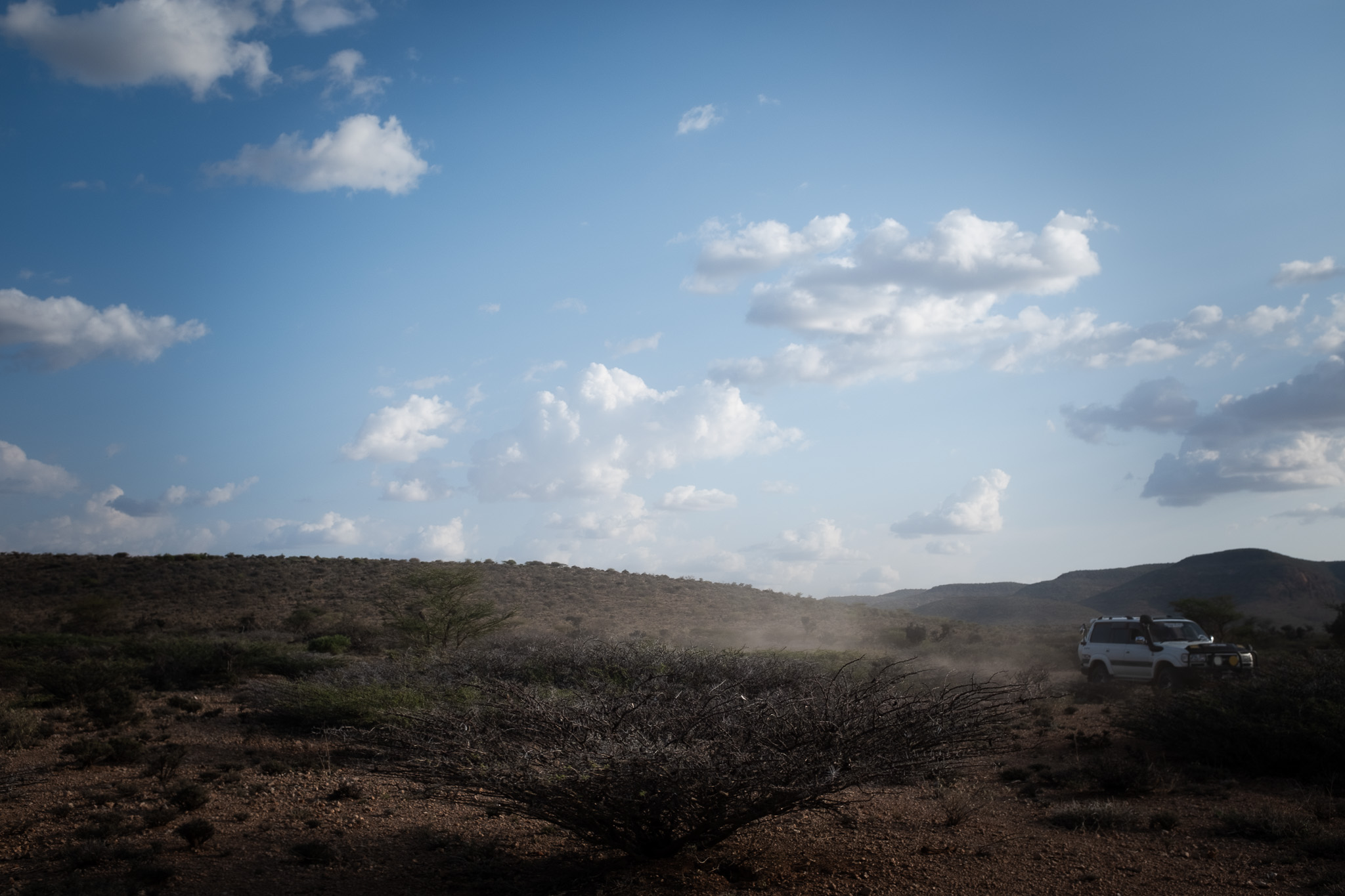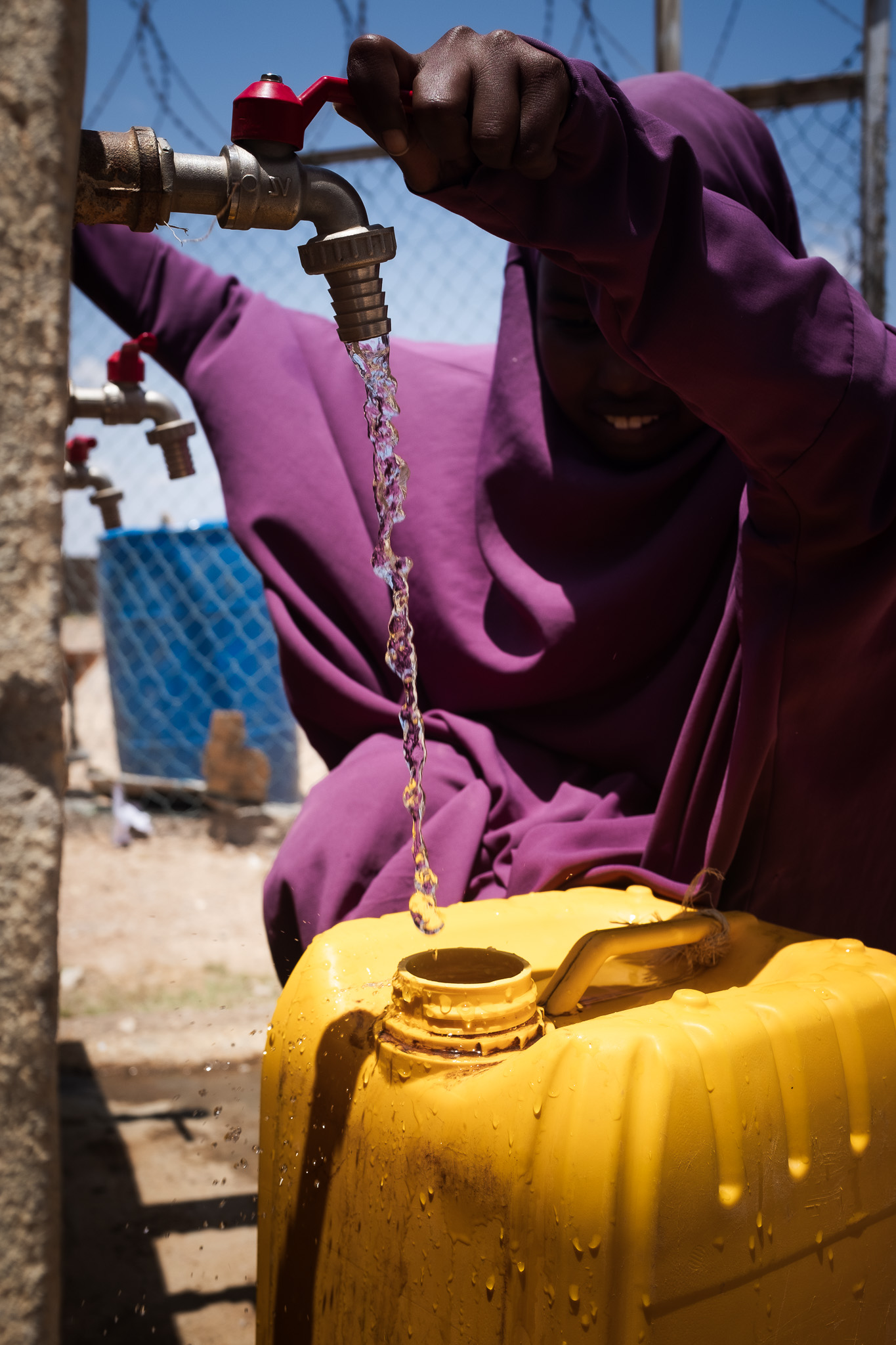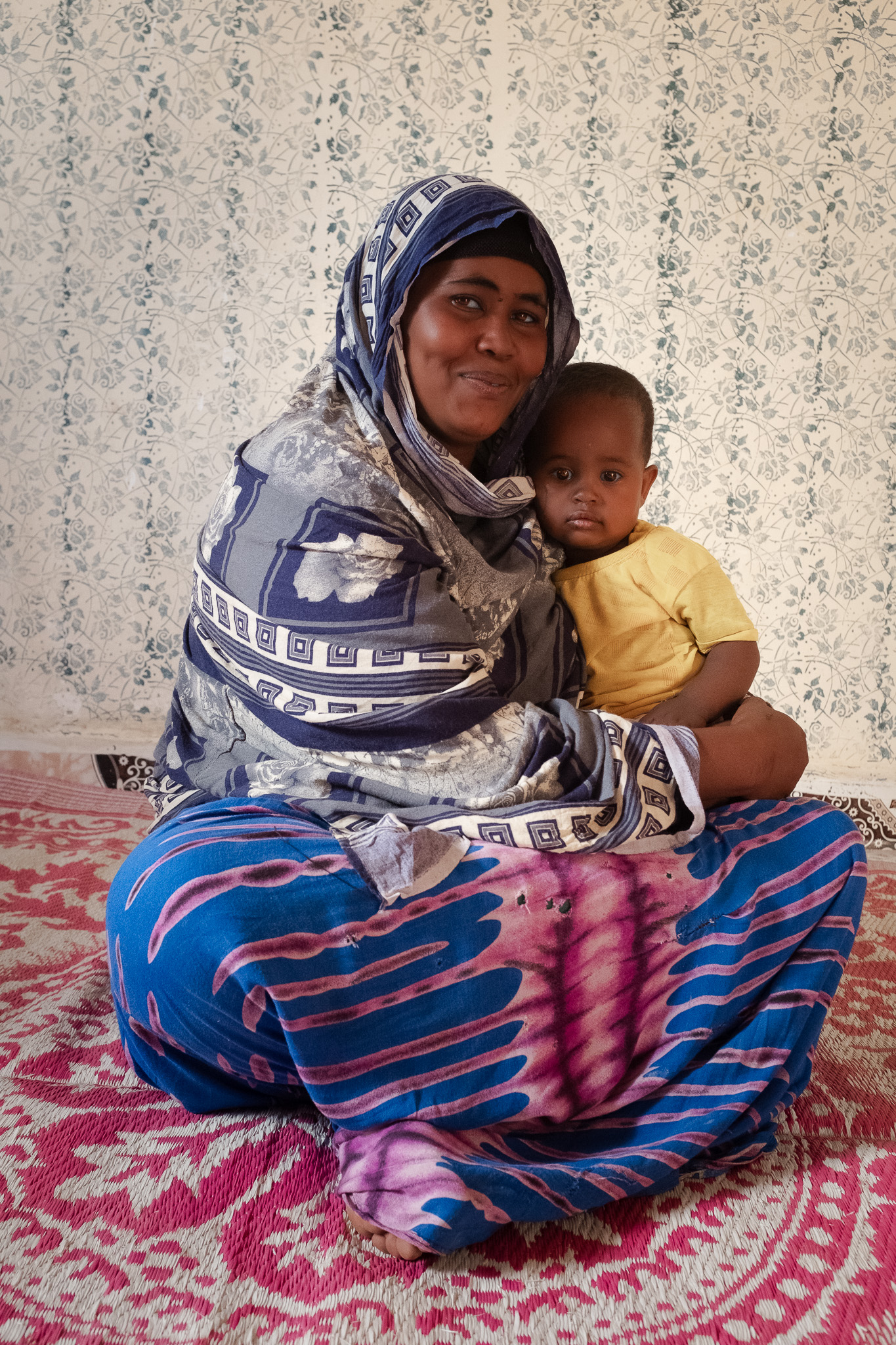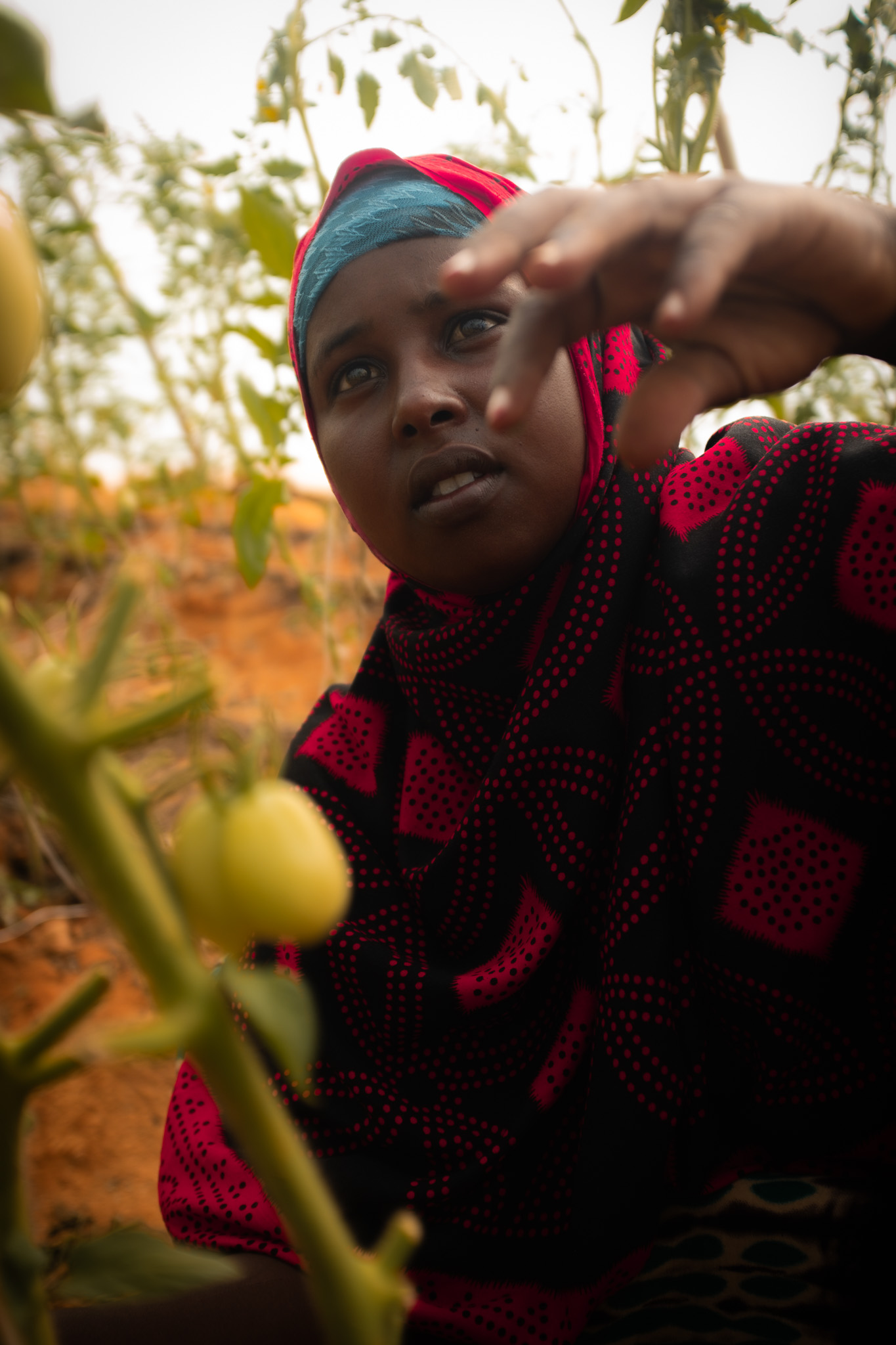On the Ground in Somaliland: How Women are Pioneering Climate Crisis Solutions
On the Ground in Somaliland: How Women are Pioneering Climate Crisis Solutions
by Lauren Ravon | September 25, 2024
As I traveled through Somaliland earlier this month, the dry heat and the barren landscape served as a stark reminder of the toll that years of drought have taken. But what struck me most was not just the devastation—it was the women. In every town I visited, I saw them at the heart of their communities, stepping up to face the ongoing weight of drought and hunger head-on. Women who, despite immense hardship, are leading the charge in helping their communities prepare for, survive, and rebuild.
What I witnessed weren’t just stories of resilience; they were stories of leadership, courage and strength.
The humanitarian sector has long been male-dominated; women are rarely portrayed in heroic, lifesaving roles when disaster strikes. And yet here they were, standing tall and paving a path forward.
We need to talk about these women—because their leadership is saving lives.
Leading the Fight Against Climate Injustice
The long road leading up to Garadag is quiet and the landscape is parched – riverbeds are dry and dusty, trees and shrubs are scarce. Four consecutive years of drought have had a devastating impact on this region of Somaliland, the homestead of many pastoralist communities. The lack of rain has killed off their herds, leaving thousands upon thousands of people displaced in search of refuge in villages and makeshift camps. And with the loss of grazing lands and livestock, a way of life that has endured for millennia is in peril.
Climate change has been wreaking havoc in the Horn of Africa and the devastation is immense. As we exposed last year in Dangerous Delay 2: The cost of inaction, thousands have died of starvation and countless children have seen their growth stunted by extreme malnutrition. These communities tread gently on the land, and yet are bearing the full weight of a climate emergency brought about by rich polluters and big fossil fuel companies. This is the great injustice of climate change.
Visiting Somaliland reminded me of how painfully urgent it is for us to stop big corporations from polluting our planet and make them pay for the climate damage they have caused. But it also reminded me, once again, of how incredibly ingenious and resilient people are in the face of hardship. After several years of trucking in water to their town at great expense, the local council of Garadag has partnered up with Oxfam and a local entrepreneur to build a water pumping and desalination plant, which will provide clean water directly to two thousand households. This will be an absolute game changer, relieving the burden of water collection on women and reducing waterborne diseases.


Gender in emergencies
About an hour’s drive from Garadag, two greenhouses and a small plot of irrigated land stand out amidst the barren landscape. Oxfam has been supporting surrounding communities to drill boreholes and set up a small agricultural cooperative. Farming is not second nature in this pastoralist region of Somaliland, and yet it may provide a lifeline to communities as grazing land for their livestock continues to dry up. The rows of tomato plants in the greenhouses and the melons and onions that dot the field are symbols of hope – hope that communities will be able to stay on the land, feed their families, send their children to school.
In the nearby town of Ainabo, I met with women who have been involved in Oxfam’s Gender in Emergency initiatives. By coming together and building up their confidence and leadership skills, they are helping ensure their community is better prepared to withstand the next shock. The woman I met with are informing community preparedness plans, identifying who is most vulnerable, and deciding where resources should be allocated when the next drought starts to kill off livestock, when the next flash flood rips through the town. Their leadership is changing mindsets and will save more lives.


The humanitarian sector has long been male-dominated; women are rarely portrayed in heroic, lifesaving roles when disaster strikes. And yet in every community I visited during my time in Somaliland, here they were standing tall and paving a path forward. Just as women always do when a disaster strikes, but without support and recognition.
This is what Oxfam is working to change—so women can take center stage in humanitarian response. As I witnessed in Somaliland, this will not only change mindsets – it will save more lives.

